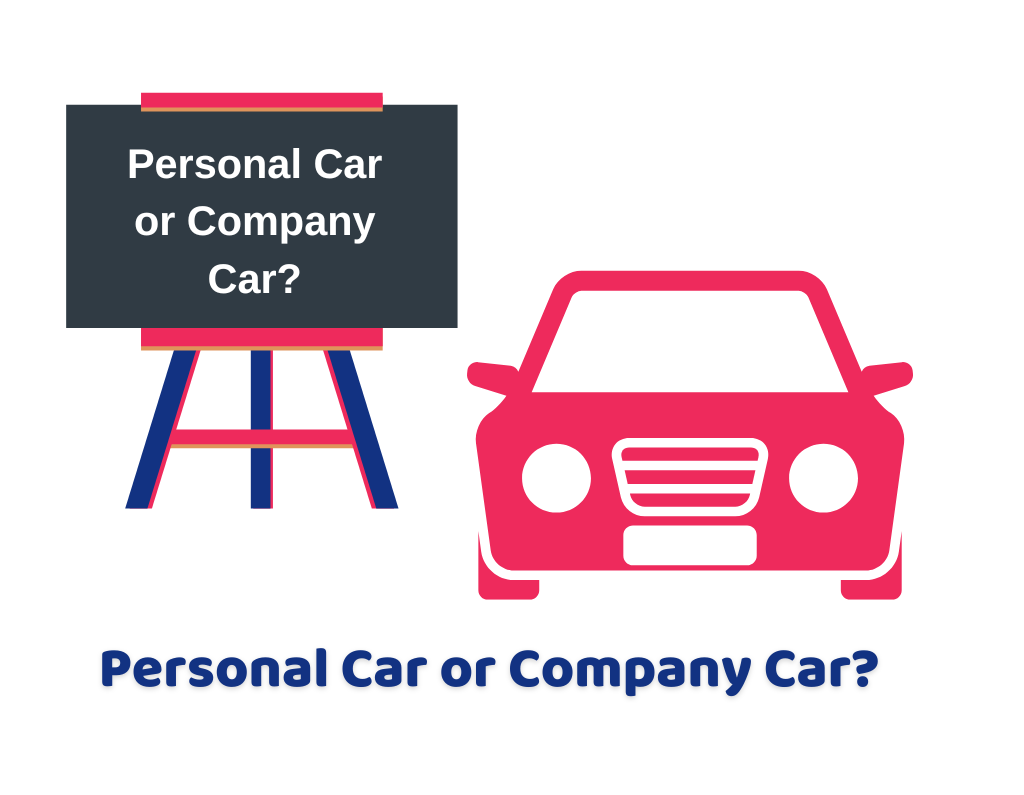Moneeza Siddiqui compares the tax implications of a personal and company car when used in an individual’s employment.
Given the reliance on and impact of cars, special tax rules are in place to manage the environmental footprint of vehicles.
Going Green
Policies such as road tax exemption on electric vehicles (EV) and increased business allowance for cars with low CO2 emissions exist to encourage individuals and businesses alike to make ecofriendly investments in cars.
Personal Car Used For Employment
When employees use their own car to carry out tasks related to their employment, they become eligible to claim an allowable deduction against employment income, reducing their taxable income. Job-related travel excludes home-to-office travel (and viceversa) unless the commuting is to a temporary place of work. Instead of the actual fuel expense incurred on job-related travel, HMRC has set out the following approved mileage allowance payment (AMAP) rates for cars: First 10,000 business miles in a tax year 45p per mile Each business mile over 10,000 in the tax year 25p per mile The mileage rate covers the running cost of the car, maintenance expenses, such as fuel, repairs, insurance, vehicle excise duty as well as depreciation.
Warning: Reimbursements!
If the employee is reimbursed for personal car use, the allowable deduction may be partially or completely reduced, with the latter occurring if the employer reimburses according to the AMAP rates. Reimbursement exceeding the AMAP rates would create a benefit-in-kind (BIK), leading to a tax charge for the employee on the excess amount received.
Example 1: Excess Reimbursement
An individual using their personal car to cover 16,000 miles for work-related travel in a tax year can claim an allowable deduction of £6,000 (i.e., (10,000 x 45p) + (6,000 x 25p)). However, if the employer reimburses 50p per mile, then instead of claiming the deduction, £2,000 (i.e., (16,000 x 50p) – £6,000 AMAP)) will become a taxable benefit for the employee.
Personal Use of a Company Car
When an employee is provided with a company car, a tax charge may arise if the employee or their family makes personal use of it, even for basic commuting. The car is considered a benefit-in-kind and its taxable amount is determined by applying a specific percentage on the list price. The percentage is based on the C02 emissions of the vehicle. For 2024/25, electric vehicles are assigned the lowest – 2% for the calculation of the benefit, although this is expected to rise to 5% by 2028. For hybridelectric cars with C02 emissions between one and 50 grams per kilometre, the percentage can be between 2% to 14%, depending on the electric range of the car. Petrol cars with a base level C02 emission of 55 grams per kilometre attract a higher taxable amount, with 16% applicable on the cost of the car. This increases by 1% for every complete five-gram increase over the base level. To deter the use of diesel cars, tax authorities add an extra 4% to the percentage determined using the diesel car’s CO2 emission rates.
Example 2: BIK Calculation of a Company Car
An employee provided with a petrol car with a list price of £14,500 and CO2 emissions of 72 grams per kilometre will apply 19% (16% + (72 – 55)/5)) on the list price to arrive at the taxable benefit of £2,755. The employer will be liable to pay Class 1A National Insurance contributions on the same amount.
Cap and Reductions
HMRC has set a cap of 37% on the calculation of the taxable benefits for cars (petrol or diesel). The taxable amount can also be reduced if the employee contributes towards the use of the car or has the car made available for part of the tax year, rather than throughout.
Practical Tip
The list price can be reduced up to £5,000 if the employee contributes towards the purchase of the company car.

